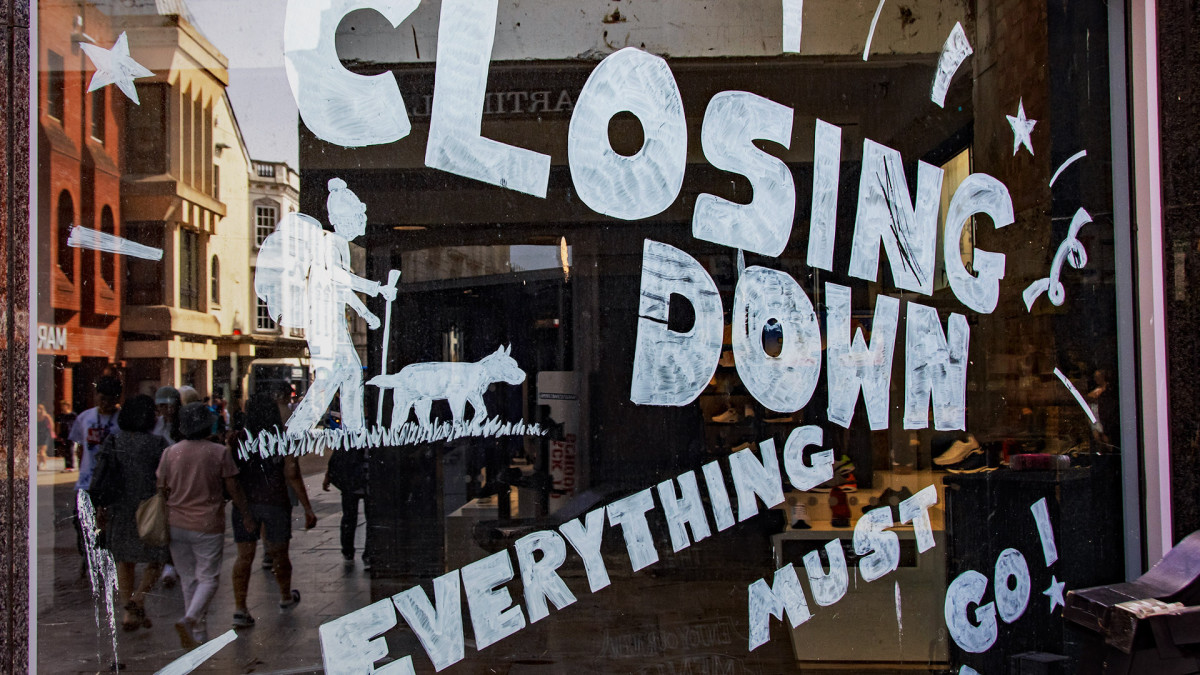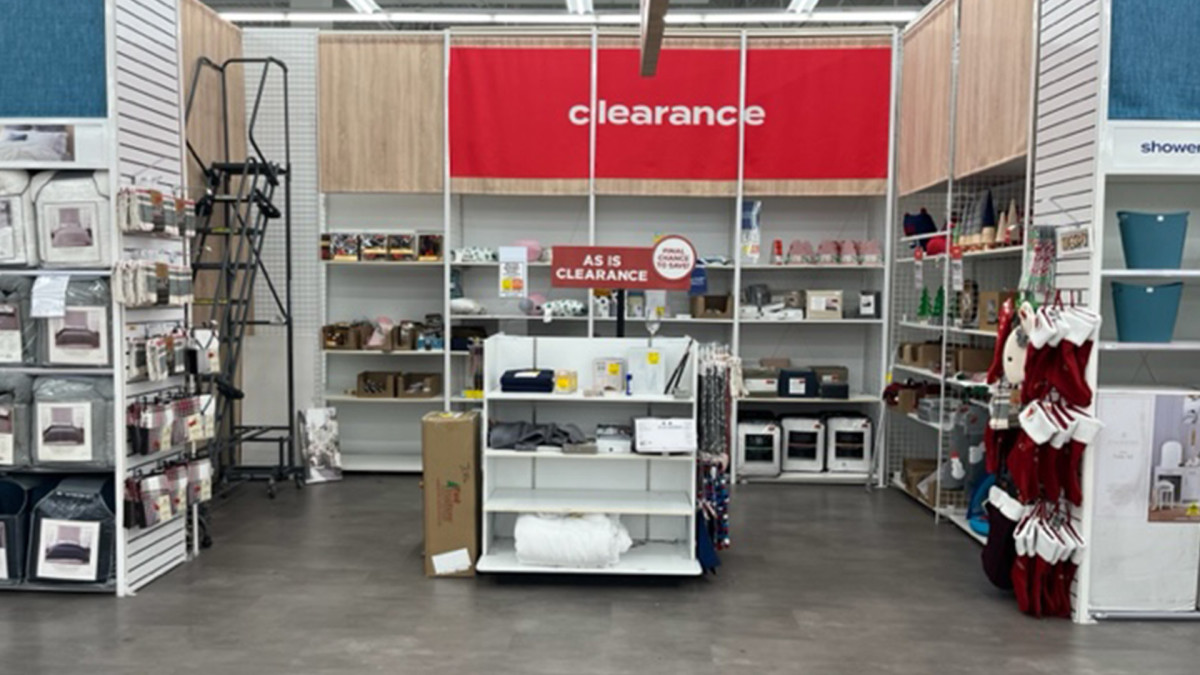
The past year has been a retail bloodbath. That's partly because the Covid forced a lot of non-essential retailers to add to their debt load.
Many retail chains had to go through months where they took in very limited revenue. During that lockdown period, they still had to pay rent and salaried employees.
In addition, smaller chains faced bigger supply chain problems than their larger rivals. Bigger companies like Walmart, Target, and Dollar General had a greater ability to negotiate for better prices even in an environment where certain goods were in short supply.
Related: After Chapter 11 bankruptcy filing retail chain may get lifeline
Huge companies like Costco were able to lease their own ships in order to keep their costs predictable. Not being able to pull some of the levers that big chains could and having added debt led smaller chains to bankruptcy.
Some retailers, including David's Bridal and Party City, managed to restructure and exit bankruptcy proceedings. A number of others, including Bed Bath and Beyond, Christmas Tree Shops, and Tuesday Morning were not able to figure out their finances and moved from Chapter 11 reorganizations to liquidation.
Now, another storied brand which has a long history that traces back to the 1960s has decided to liquidate and close all its stores.

Image source: TheStreet
A different type of dollar store
While 371 stores seem like a lot, it's a tiny amount compared to market leaders Dollar General, which has more than 19,000 locations, and Dollar Tree which has more than 16,000. Having that many locations gives those discount retailers a massive advantage when it comes to buying.
That has always been an edge for larger chains, but, in the current era of supply chain problems, it has made it very hard for smaller players to compete.
99 Cents Only, which operates 371 locations, has a deep history.
"The stores date back to the 1960s when the company's founder, Dave Gold, inherited a tiny liquor store in downtown Los Angeles and decided to run a test by selling bottles of wine at a fixed price-point of 99 cents. The test was an instant success. Dave thought selling everything in the store for 99 cents would be hugely popular," the company shared on its website.
99 Cents Only opened its first store under that name in 1982. As it grew, the company sold items that are not generally associated with dollar stores.
"The 99 Cents Only Stores serve communities with fresh produce and a wide assortment of quality products, from everyday household items to fresh produce to an exciting assortment of seasonal and party merchandise, including decorations, costumes, and gifts. Merchandise encompasses name-brand closeouts and regularly available food and beverage products such as produce, deli, and other basic grocery items," the company added.
99 Cents Only stores closing down
While it has not filed for any type of bankruptcy yet, 99 Cents Only has decided to close down and liquidate its stores.
Update: 99 Cents Only filed for Chapter 11 bankruptcy protection in Delaware on April 8.
"The company has entered into an agreement with Hilco Global to, among other things, liquidate all merchandise owned by the company and dispose of certain fixtures, furnishings, and equipment at the company's stores."
The sales began on April 5, 2024 and will be carried out at all 371 of the company's stores, 99 Cents Only shared in a press release.
In addition, Hilco Real Estate will manage the sale of the company's real estate assets, both owned and leased, in Arizona, California, Nevada, and Texas.
"This was an extremely difficult decision and is not the outcome we expected or hoped to achieve," said interim CEO Mike Simoncic. "Unfortunately, the last several years have presented significant and lasting challenges in the retail environment, including the unprecedented impact of the COVID-19 pandemic, shifting consumer demand, rising levels of shrink, persistent inflationary pressures, and other macroeconomic headwinds, all of which have greatly hindered the company's ability to operate."
ALSO READ: After Chapter 11 bankruptcy filing retail chain may get lifeline
Simonic has stepped down, and the company has appointed Chris Wells, Managing Director at Alvarez & Marsal, as Chief Restructuring Officer.
Related: How to track Dow stocks in Google Sheets via Google Finance







